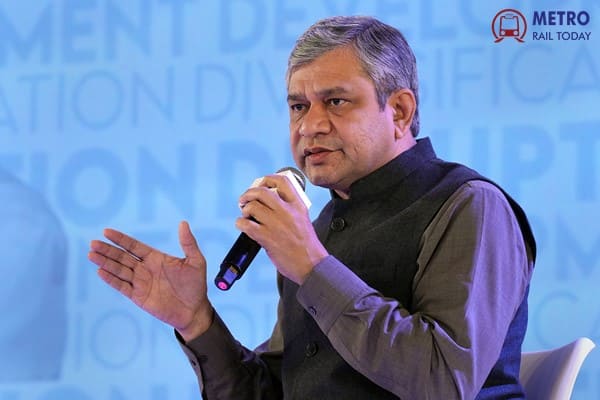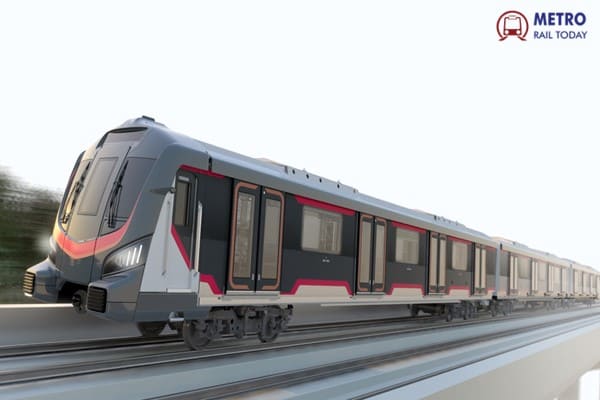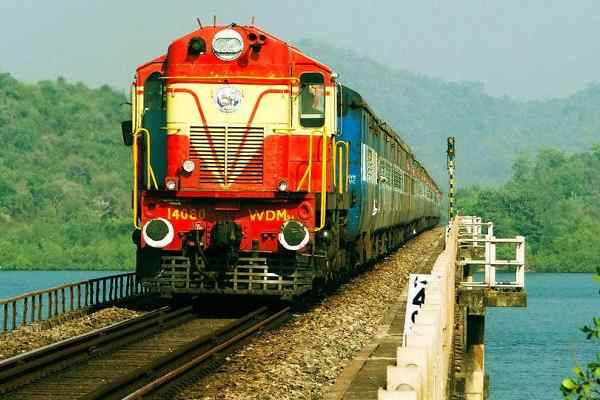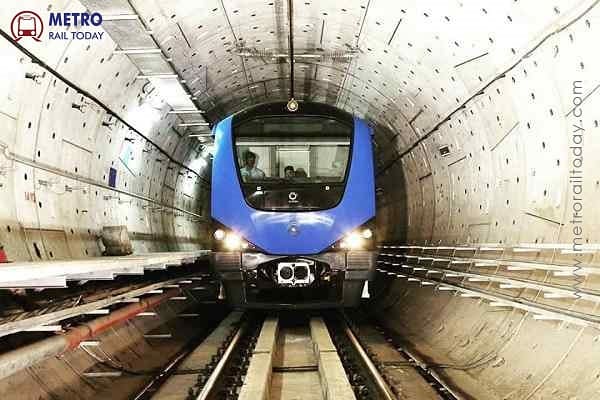 CMRL achieves second Tunnel Breakthrough at Thirumayilai for Chennai Metro Phase 2 Corridor 4
CMRL achieves second Tunnel Breakthrough at Thirumayilai for Chennai Metro Phase 2 Corridor 4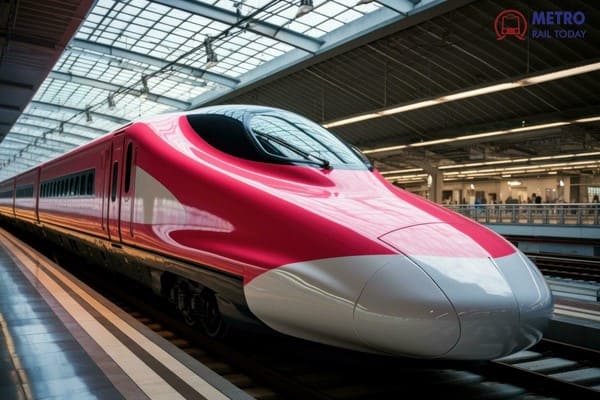 NHSRCL invites Single Tender from BEML for Bullet Train Rolling Stock Package
NHSRCL invites Single Tender from BEML for Bullet Train Rolling Stock Package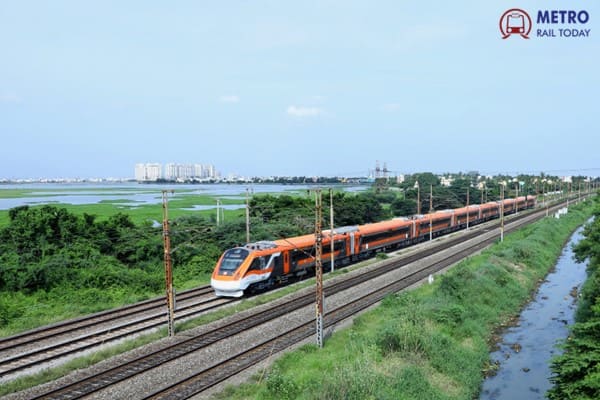 Railway Minister reviews progress of Ahmedabad–Dholera Semi High-Speed Rail Project
Railway Minister reviews progress of Ahmedabad–Dholera Semi High-Speed Rail Project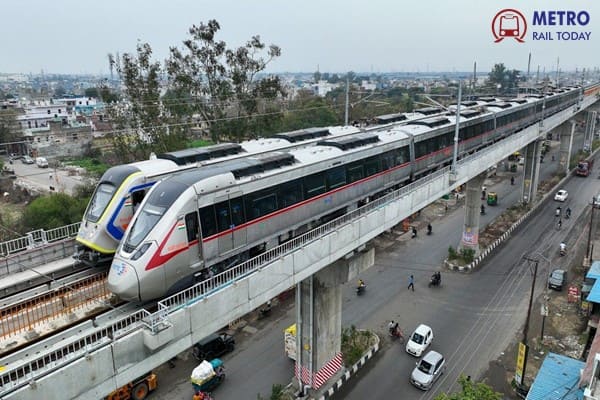 National Planning Group reviews key Rail & Metro projects under PM GatiShakti
National Planning Group reviews key Rail & Metro projects under PM GatiShakti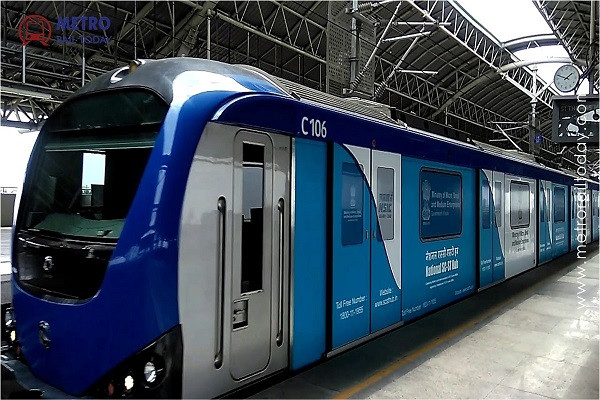 CMRS approves Driverless Metro Operations on first stretch of Chennai Metro Phase 2 Corridor 4
CMRS approves Driverless Metro Operations on first stretch of Chennai Metro Phase 2 Corridor 4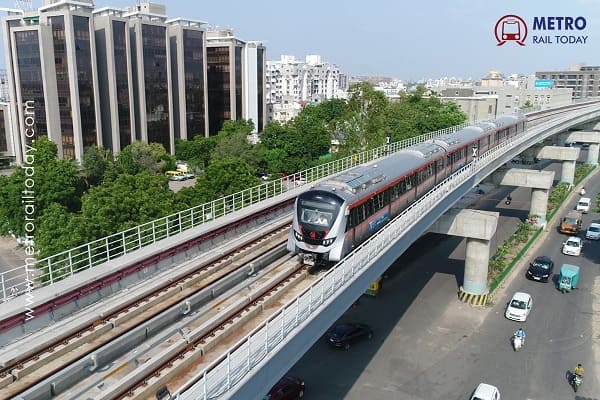 J Kumar Infraprojects completes Final Tunnel Breakthrough for Surat Metro Phase 1 Project
J Kumar Infraprojects completes Final Tunnel Breakthrough for Surat Metro Phase 1 Project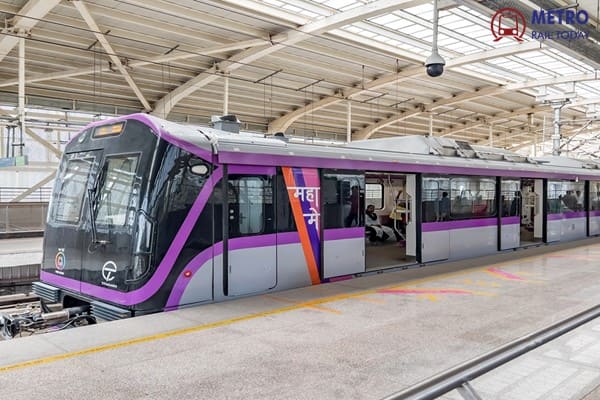 Apurvakriti Infrastructure awarded Ballastless Track Contract for Pune Metro Reach-1 Extension
Apurvakriti Infrastructure awarded Ballastless Track Contract for Pune Metro Reach-1 Extension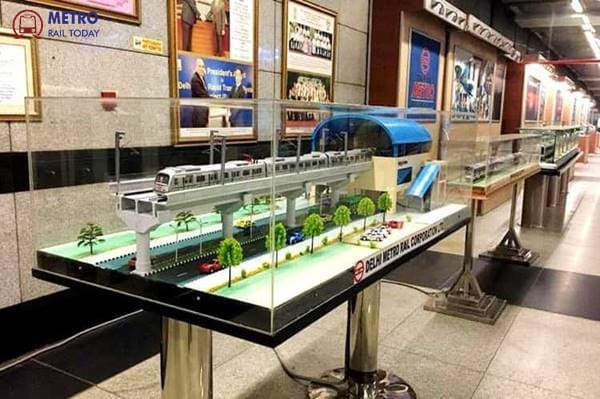 SAM India Builtwell bags first ₹222.76 Crore Civil Contract for Delhi Metro Phase V
SAM India Builtwell bags first ₹222.76 Crore Civil Contract for Delhi Metro Phase V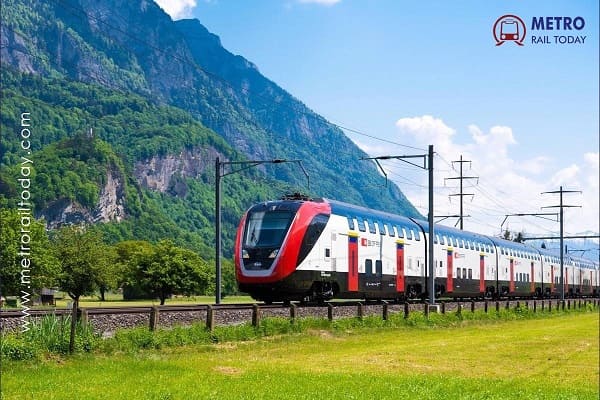 HRIDC conducts Investors Pre-Bid Meeting for Haryana Orbital Rail Corridor
HRIDC conducts Investors Pre-Bid Meeting for Haryana Orbital Rail Corridor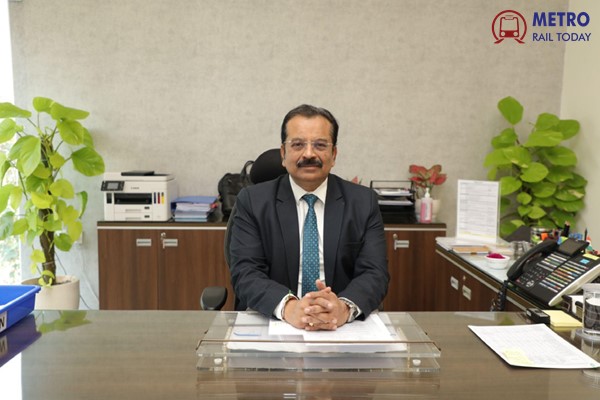 NCRTC Chief Shalabh Goel appointed as General Manager of Central Railway
NCRTC Chief Shalabh Goel appointed as General Manager of Central Railway
SAIL-RITES JV bags order worth ₹8.2 million to supply 2000 wagons for Indian Railways
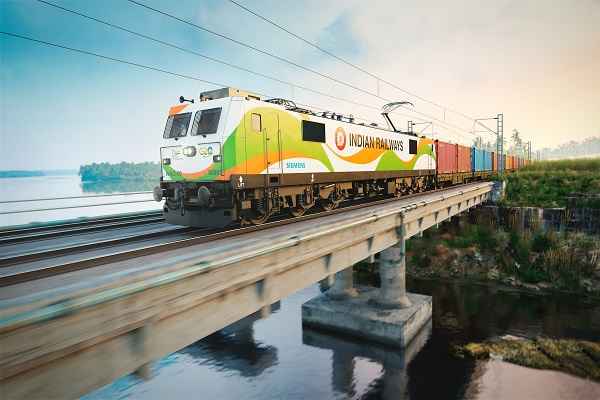
New Delhi, India (Metro Rail Today): Indian Railways (IR) has awarded a significant contract to a joint venture of the Steel Authority of India (SAIL) and Rail India Technical and Economic Service (RITES) to supply 2,000 open bogie wagons. The contract, valued at ₹8.2 billion ($98.5 million), is part of a broader effort to meet the ambitious freight growth targets outlined in the National Rail Plan.
This recent order follows the awarding of contracts earlier this year for the supply of 12,000 similar wagons. Four private-sector manufacturers—Besco, Hindustan Engineering and Industries (HEI), Jupiter Wagons, and Titagarh Rail Systems—secured these contracts. HEI will supply 4500 wagons for Rs 19.2 billion, while Titagarh will deliver 4,463 wagons for ₹19.1 billion.
The new open bogie wagons, developed by Jindal Rail Infrastructure for Indian Railways, are designed to transport raw materials in one direction and return with crude steel in the other. This design aligns with India's status as the world's second-largest producer of crude steel, with a production of 125 million tonnes in 2023-24.
The procurement of new wagons is a crucial step in addressing the capacity constraints that have hampered the growth of rail's share in the Indian freight market. Although IR's freight income has improved in recent years, the failure to renew the wagon fleet has kept the market share stagnant.
Indian Railways currently operates approximately 318,196 wagons. Until recently, the annual procurement from domestic suppliers ranged between 1,500 and 2,000 wagons, with an increasing role for the private sector in meeting these needs.
For the fiscal year 2023-24, Indian Railways has allocated a total of ₹410.9 billion for acquiring new rolling stock, out of a total budget of ₹2.5 trillion. This investment is part of a strategic plan to enhance rail logistics, which policymakers have identified as crucial for the success of the sector.
"Rail logistics has been recognized by policymakers as the key to success, and substantial investments have been made and planned in the railway infrastructure, which creates capacity, and consequently in the purchase and operation of rolling stock which uses the capacity created," said Umesh Chowdhary, CEO of Titagarh Rail Systems.
The National Rail Plan aims to increase rail's market share from the current 27% to 45% over the next 20 years. IR’s strategy to grow its freight business includes providing customized solutions for e-commerce companies, featuring fast trains dedicated to parcel traffic.
The substantial investment in new wagons and rolling stock demonstrates Indian Railways' commitment to enhancing its freight capabilities and achieving the ambitious targets set out in the National Rail Plan. The collaboration with both public and private sector partners highlights a comprehensive approach to modernizing the nation’s rail infrastructure, ensuring it can meet the demands of a rapidly growing economy.





